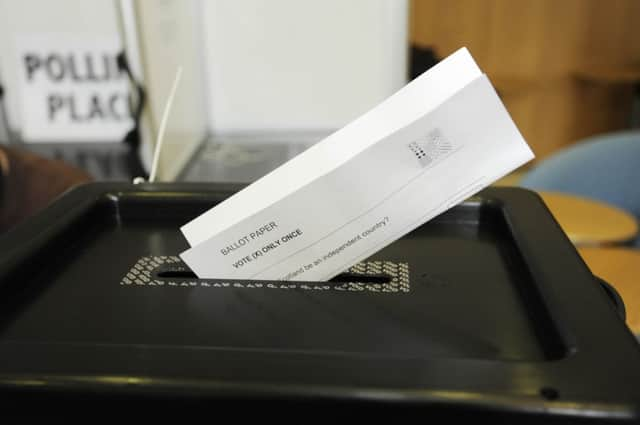Better relations needed between voters and leaders


Democracy in Europe – including the UK – has come under threat in recent years from disengagement, low turnout and disaffection with elected leaders.
Democracies need citizens who are engaged and care about politics, and it needs leaders who listen and respond to their concerns.
Advertisement
Hide AdAdvertisement
Hide AdThe MPs’ expenses scandal of 2009 was one of a series of events that characterised politicians as distant and venal. Not surprisingly, this led people to engage less with political life and less likely to vote.
For example, recent discussions of the referendum have highlighted the “missing million” who are expected not to take part in the vote.
This trend has not affected all groups equally and we have witnessed an alarming rise in political inequality; in particular, younger people and poorer people are less likely to vote than older and richer people. This means that the voting electorate is unrepresentative in important ways.
This has considerable consequences for society as a whole: politicians have a strong incentive to listen to groups that are known to vote; they have little incentive to cater for those less likely to cast ballots.
So what is the solution? The answer involves change at the top and the bottom.
Politicians need to have a better understanding of how people see them. Citizens would benefit from a more nuanced appreciation of the difficult art of governing and making tough decisions. It may well be that bolder measures are also needed; measures that require us to change our attitude toward political duty and how that duty is enshrined in our institutions.
It is at junctures such as this that the lessons of political science prove relevant, and we have high hopes that a gathering this week of experts at the University of Glasgow for the Annual Conference of the European Consortium for Political Research will yield novel insights and ideas.
• Professor Sarah Birch is Professor of Comparative Politics at the University of Glasgow
SEE ALSO